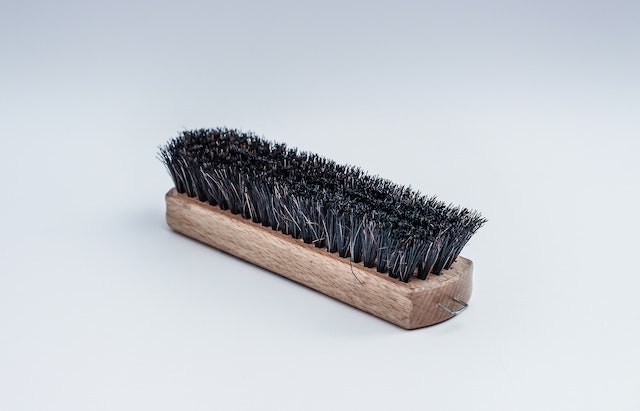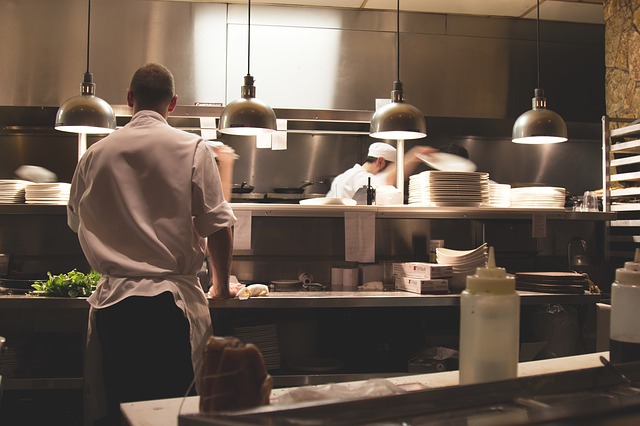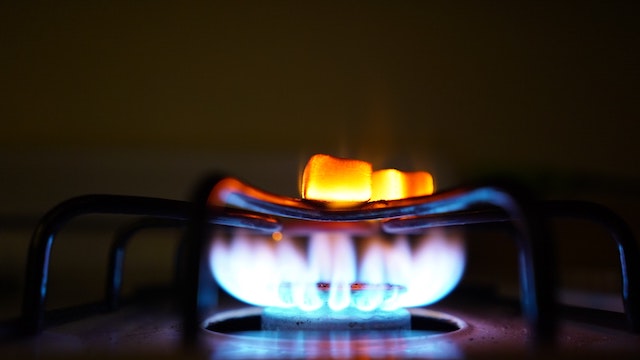When running a restaurant in Raleigh, North Carolina bad smells coming from your kitchen could cause you to lose customers. A restaurant that doesn’t have a good smell will leave a bad impression and thus be bad for business. The last thing any restaurant wants is to have the rancid smell of rotting food in the air.
Luckily, these smells are usually just grease trap odors. Grease traps are there to separate food, oil, and grease from wastewater. They are there to prevent sewer blockage. However, having one means that you will occasionally be dealing with strange odors.
As food sediment settles to the bottom of the grease trap, the thick food waste hardens and can become difficult to remove over time. If allowed to remain in the tank for too long, the food waste can adhere to the tank walls and create an unremovable barrier to future cleaning.
Flushed food particles in the drain eventually break down, creating a buildup of hydrogen sulfur gas as a natural result of the decaying process. Sulfuric acid is a toxic and abrasive element that can actually damage the steel or concrete walls of your grease trap tank system.
Although plastic tanks can withstand the damage from sulfuric acid, the best way to keep your trap system in good condition is to regularly clean it out. Consistent cleaning will help make the job easier and quicker each time.

This is not an unsolvable problem. You will need to figure out what causes these odors in order to find their solutions. Unfortunately, the grease trap is out of sight, usually located underground or outside your building.
These smells can build up quickly without proper maintenance and cleaning of the grease trap. There is a high risk of these smells making its way back up the pipe and into your kitchen and restaurant. Keeping a regular grease trap maintenance and cleaning schedule will help you avoid this risk.
Causes of grease trap smells
Once you have investigated the source of the smell and determined that it is coming from the grease trap, there are a few issues within it that can be the cause of the odors:
Dirty grease trap
Although the grease trap is in place to separate the fats, oils, and greases from the wastewater, there are instances where food particles and organic solids can become trapped inside. When this happens and the waste is broken down, gases are emitted. One of these gases includes sulfur gas, which can result in a foul odor from the trap.
P-trap
The P-trap works as a barrier to prevent odors from coming up the drain. So if the P-trap is broken, it can result in smells coming up into your kitchen and dining area.
Grease trap ventilation
The grease trap has a flow control device that has a vent to let in air to help with the separation efficiency of the tank. The location of the ventilation should be positioned away from your building.
Removing Grease Trap Smells
No one likes smelling bad odors coming from your kitchen, especially your customers.

Your grease trap needs periodic maintenance to avoid these smells. Here are some simple yet effective remedies on how to drive away grease trap smells:
Salt, baking soda, and vinegar
Baking soda and vinegar are extremely handy when it comes to anything in the kitchen that needs cleaning. Pour one cup of baking soda in the sink and drain and let it sit for a few minutes. Then pour in one cup of white vinegar. The mixture will begin to bubble up, but let it sit for about ten minutes. Then, pour boiling water down the drain to finish.
You can also pour about half a cup of coarse salt in the sink before using the baking soda, vinegar, and hot water treatment. It can give you better results, as salt acts as an abrasive component.
This is a simple yet effective way to maintain the overall health of your sink, drain and grease trap. Simply train your kitchen staff to add this task to their cleaning schedule. Every six weeks is recommended, but this also will depend on your usage.
Boiling Water
Another simple solution is to pour boiling water down the sink. It pays to do this at the end of every day. It will also help kill bacteria, which can also be a cause of your smelly grease trap.

Keeping the grease trap clean and free of blockages will keep the whole drain functioning and flowing smoother and for a longer time. The grease trap is an important part of the system that takes water from your kitchen sinks to the main sewer. It can impede this process if it is too full or clogged.
The Bottom Line
When the problem is not major, home tricks work most of the time. However, if these quick remedies are not able to dissipate the smell, look to professional services. Tracing an odor problem can be difficult for someone who has no experience.
Regular cleaning reduces emergency backups or financial loss to your business. Frequent cleaning and maintenance also lower your overall maintenance costs. Having foul smells emitting from the kitchen can cause you to lose customers, so it is in your best interest to resolve the problem immediately to protect your business’s good reputation.




